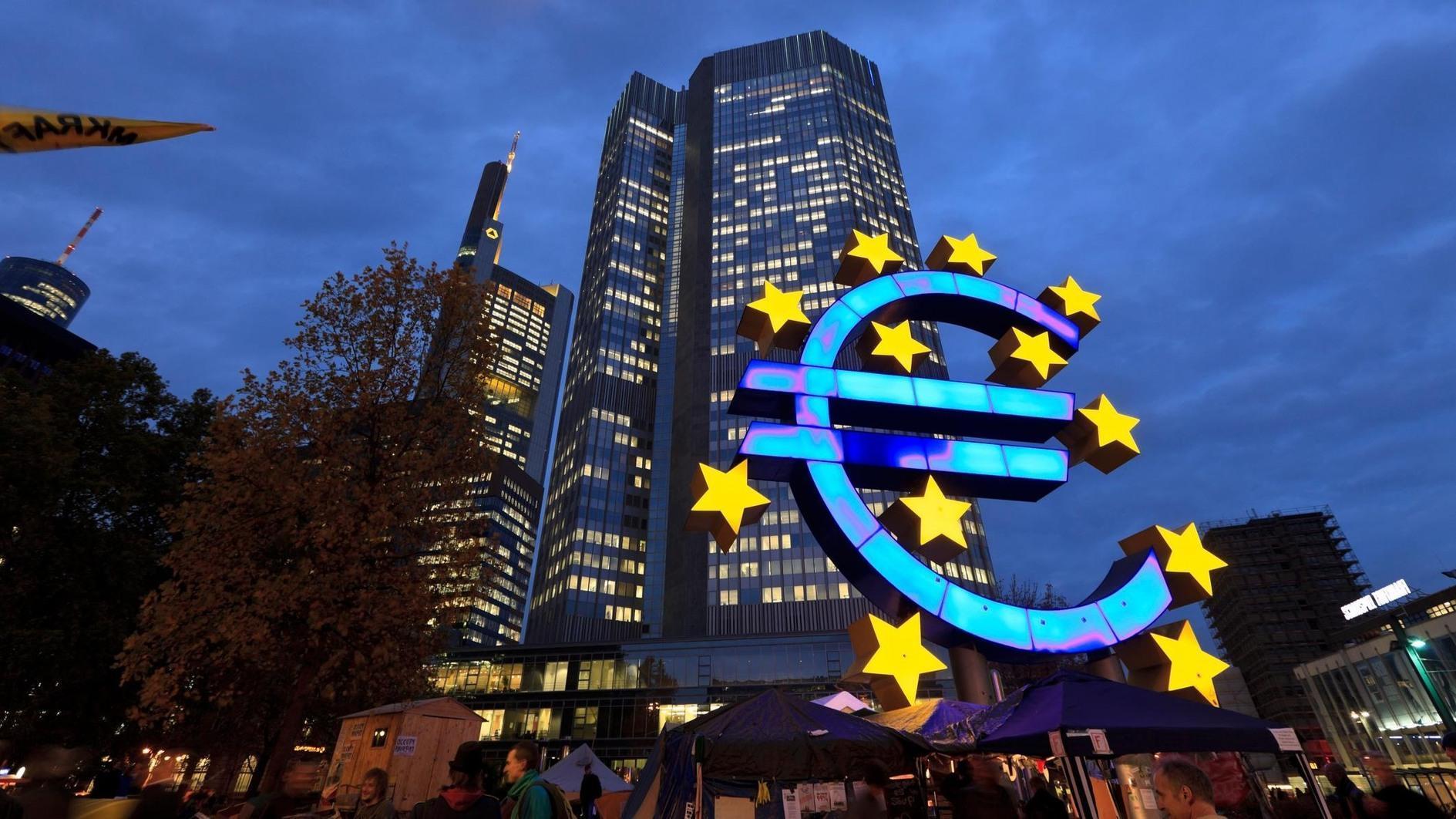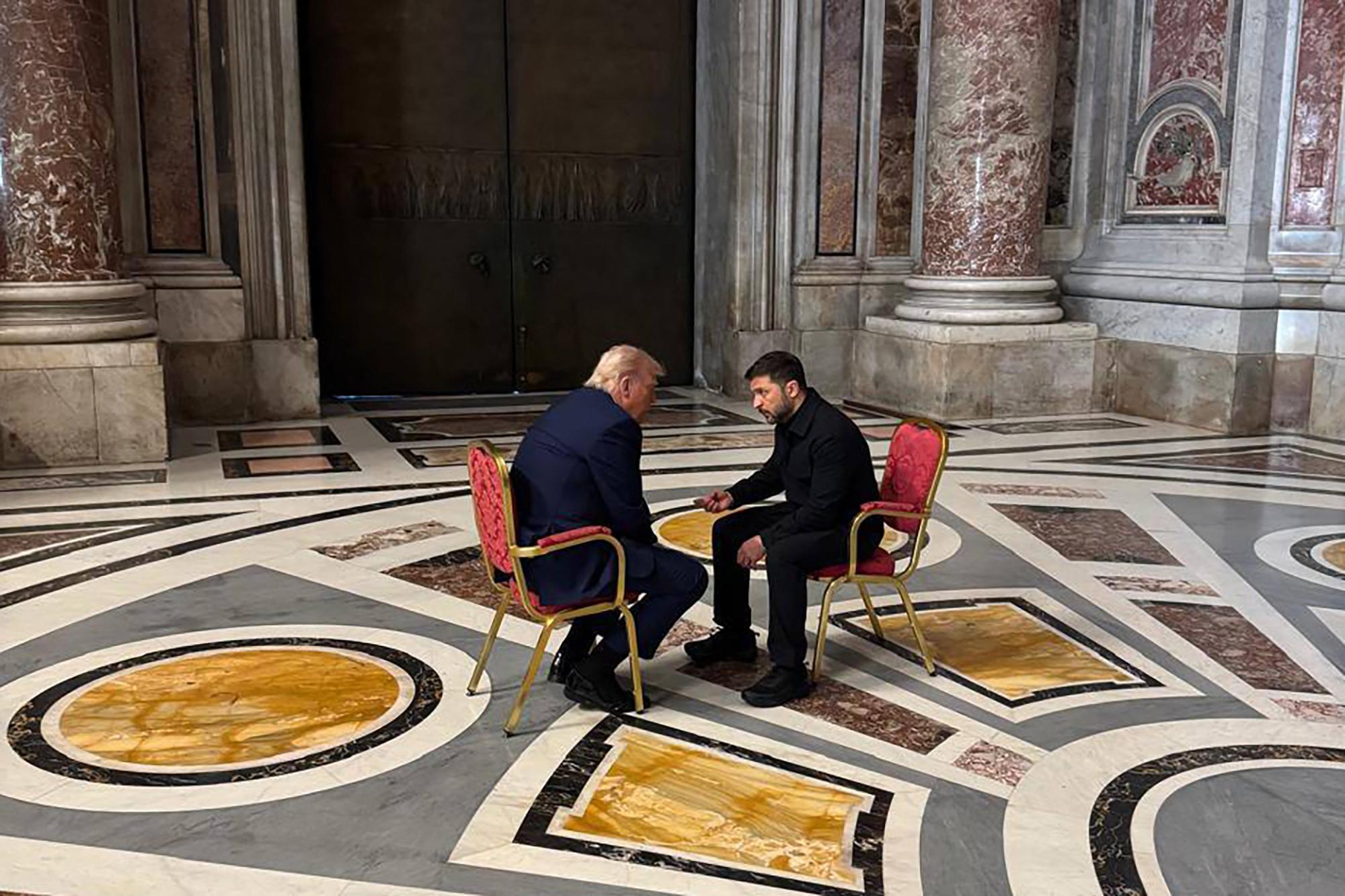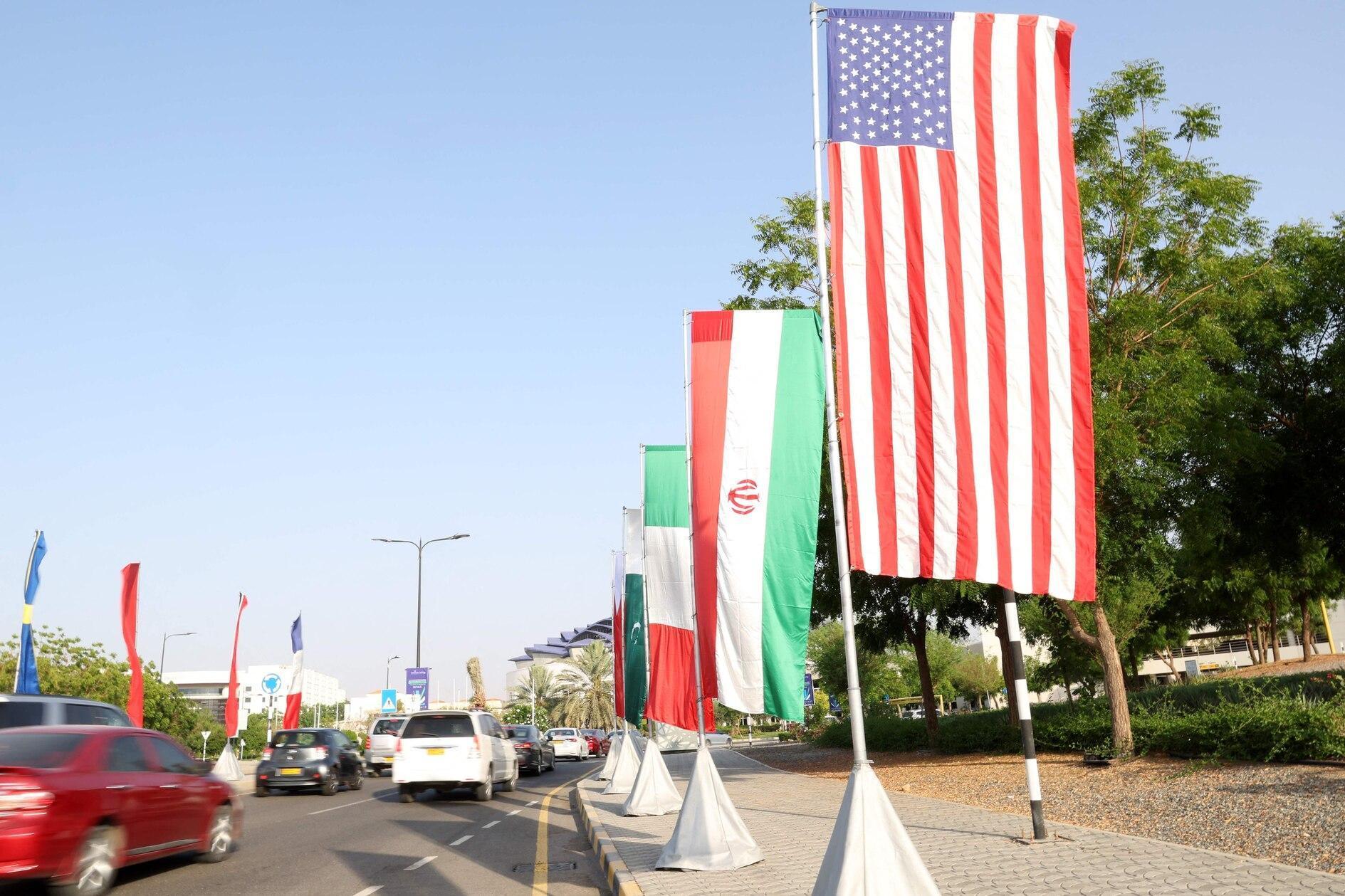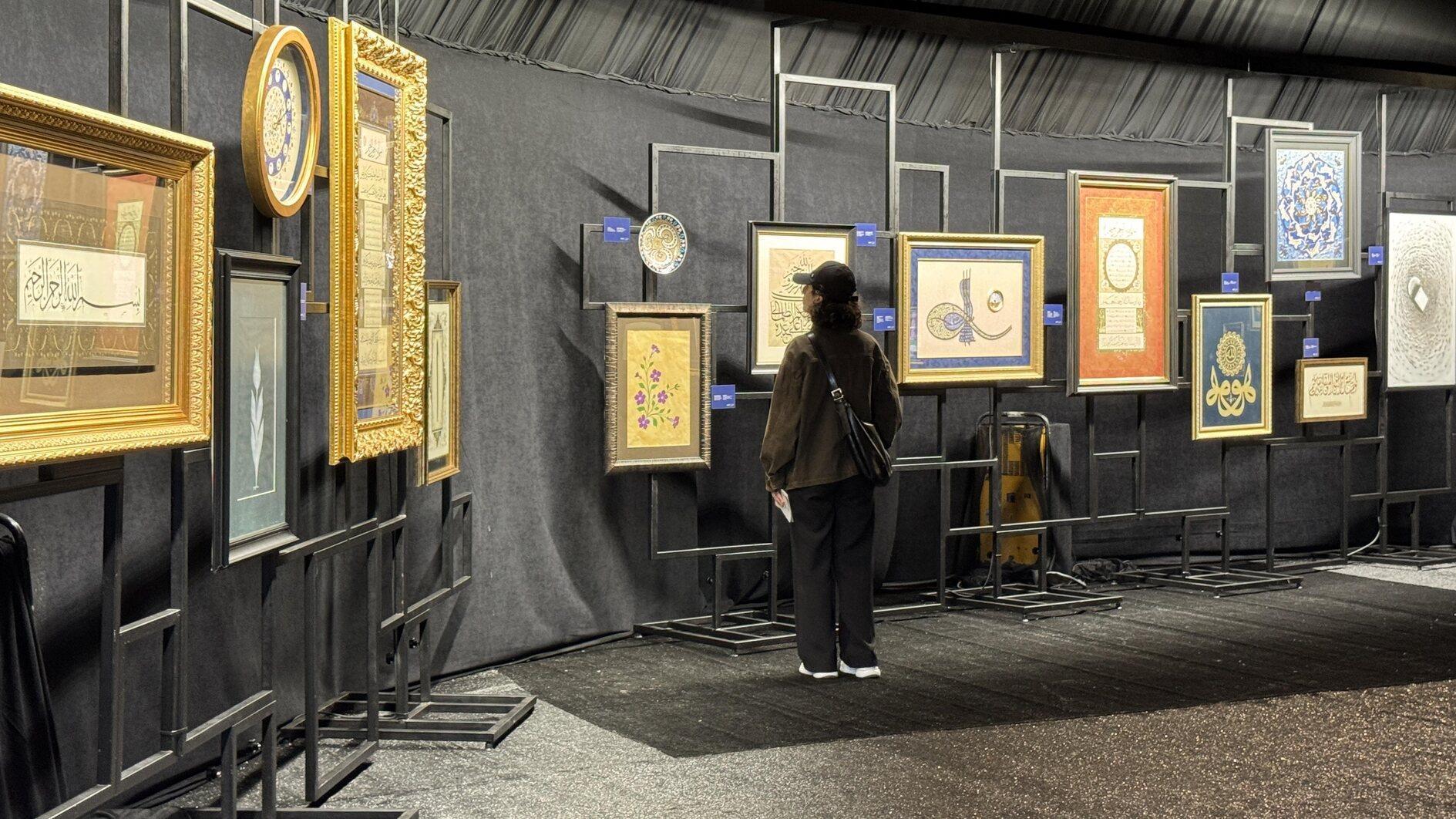Trump tariff rollercoaster complicates ECB rate call
FRANKFURT

U.S. President Donald Trump's on-and-off tariffs have clouded the picture for European Central Bank (ECB) policymakers meeting this week to decide whether to lower eurozone interest rates again.
After five straight cuts that brought the central bank's borrowing costs down from historic highs, the ECB looked open to declaring a pause in its monetary policy easing on April 17.
But Trump's move to impose sweeping tariffs on the European Union and the rest of the world increased the chances of another reduction in interest rates, according to observers.
Even after the U.S. president last week announced a 90-day pause in the implementation of higher duties on many countries, leaving just a global baseline 10 percent tariff intact, the probability seemed higher.
"The situation can change in just a few weeks," said Ulrike Kastens, economist at asset manager DWS.
ECB rate-setters gathering in Frankfurt to discuss their next steps were being "caught up in the new trade policy reality," Kastens said.
The impact of possible U.S. tariffs and any retaliation from the European side had increased the "downside risks" for the eurozone economy in 2025, she said.
"The central bank is likely to counter with a further reduction in the deposit rate."
Speaking in Warsaw on April 11 after talks with EU finance ministers, ECB chief Christine Lagarde said the central bank was "always ready to use the instruments that it has available" should tariffs threaten financial stability.
Having peaked at 4 percent as consumer prices soared in the wake of the coronavirus pandemic and the Russian inflation of Ukraine, the ECB has brought its benchmark deposit rate down to 2.5 percent.
Inflation in the eurozone has settled towards the ECB's 2 percent target, coming in at 2.2 percent in March.
Whether tariffs that made certain imports more expensive would reignite inflation in the 20-member currency bloc would be a "key question" for policymakers, Kastens said.
But the impact was more likely to be disinflationary, she ventured, as a drop in global activity brought down oil prices and cheaper goods destined for the U.S. were diverted to Europe.
Capital Economics analyst Andrew Kenningham agreed, saying Trump's tariff announcements would have a "big impact on the world economy" despite the pause.
"The shock to confidence, trade and investment has increased downside risks to activity," said Kenningham.
"As a result the ECB seems certain to cuts interest rates by 25 basis points."
The conditions created by Trump would eventually encourage the ECB to lower its deposit rate below two percent, all the way to 1.75 percent, Kenningham predicted.
The advent of a potential trade war looked like "Europe's worst economic nightmare just came true", ING bank analyst Carsten Brzeski said, before Trump made his U-turn.
Observers will listen closely to Lagarde's comments following rates announcement on April 17 to try and gauge the mood within the central bank.
















